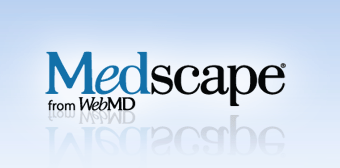“Myocarditis is a major cause of heart failure and sudden cardiac death in young adults and adolescents. Many cases of myocarditis are associated with autoimmune processes in which cardiac myosin is a major autoantigen.
Conventional immunosuppressive therapies often provide unsatisfactory results and are associated with adverse toxicities during the treatment of autoimmune myocarditis.
Cannabidiol (CBD) is a non-psychoactive constituent of Marijuana which exerts antiinflammatory effects independent from classical cannabinoid receptors.
Recently 80 clinical trials have been reported investigating the effects of CBD in various diseases from inflammatory bowel disease to graft-versus-host disease.
CBD-based formulations are used for the management of multiple sclerosis in numerous countries, and CBD also received FDA approval for the treatment of refractory childhood epilepsy and glioblastoma multiforme.
Herein, using a well-established mouse model of experimental autoimmune myocarditis (EAM) induced by immunization with cardiac myosin emmulsified in adjuvant resulting in T cell-mediated inflammation, cardiomyocyte cell death, fibrosis and myocardial dysfunction, we studied the potential beneficial effects of CBD…
CBD may represent a promising novel treatment for management of autoimmune myocarditis and possibly other autoimmune disorders, and organ transplantation.”




